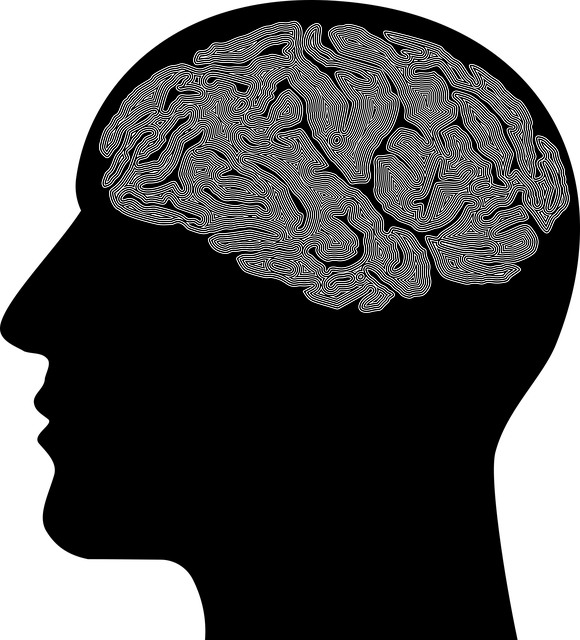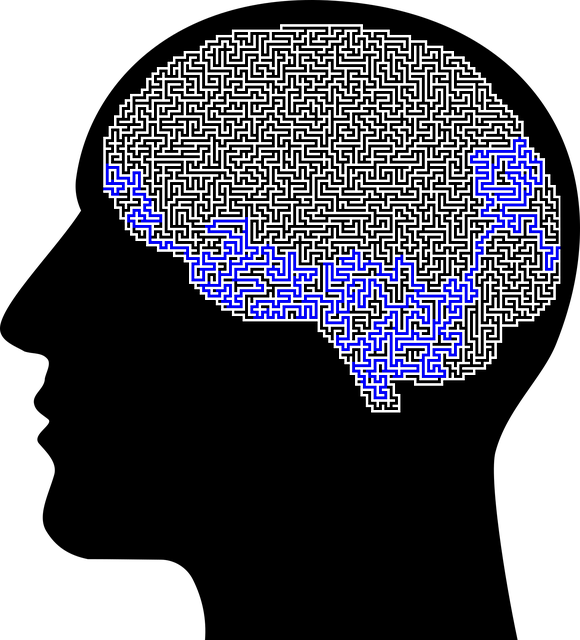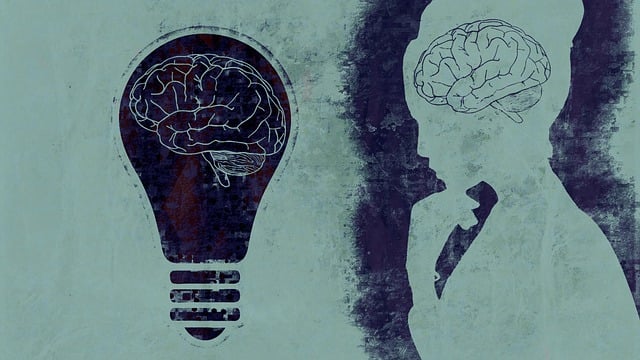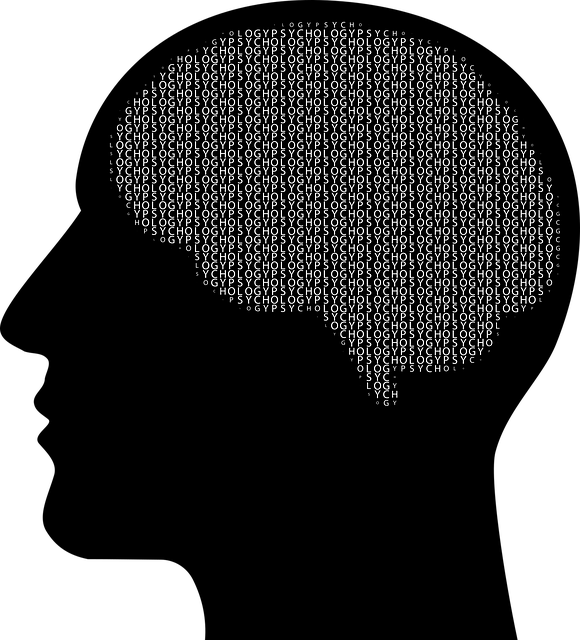Louisville Sexual Abuse Survivor Therapy (LSAT) is an essential component of mental health education, offering specialized support and evidence-based techniques in a safe environment for survivors of sexual abuse. Integrating LSAT principles into wellness coaching initiatives enables self-reflection and personalized growth, with journaling exercises aiding mood management and coping strategy adoption. This holistic approach equips individuals with tools to manage emotional well-being, enhance communication, and rebuild confidence. Program design should focus on creating an engaging, empathetic environment using real-world examples, sensitivity training, and diverse learning experiences. Accessibility and inclusion are crucial, catering to diverse needs and cultural backgrounds, while robust evaluation ensures program effectiveness and informs future improvements.
Louisville Sexual Abuse Survivor Therapy (LSAT) provides a powerful model for mental health education, highlighting the importance of specialized programs in fostering healing. This article explores the design principles behind effective mental health educational initiatives, drawing from LSAT’s success. We’ll navigate key objectives, content creation strategies, implementation tactics focusing on accessibility, and evaluation methods to ensure continuous improvement. By integrating these insights, communities can create engaging, inclusive, and impactful mental health education programs.
- Understanding Louisville Sexual Abuse Survivor Therapy: A Foundation for Mental Health Education
- Identifying Key Objectives and Learning Outcomes for an Effective Program
- Designing Engaging Content: Addressing Sensitivity and Stigma
- Implementation Strategies: Ensuring Accessibility and Inclusion
- Evaluation and Feedback Mechanisms for Continuous Improvement
Understanding Louisville Sexual Abuse Survivor Therapy: A Foundation for Mental Health Education

Louisville Sexual Abuse Survivor Therapy (LSAT) serves as a foundational pillar in mental health education, offering insights and strategies to support individuals who have experienced sexual abuse. This therapeutic approach is designed to help survivors navigate complex emotions and traumas effectively. By employing evidence-based techniques, LSAT provides a safe space for healing, empowering individuals to take control of their mental wellness journey.
Incorporating the principles of LSAT into mental health education programs can lead to the development of comprehensive mental wellness coaching initiatives. These programs aim to guide participants through self-reflection and personalized growth. Through mental wellness journaling exercises, individuals learn to process experiences, track moods, and practice healthy coping mechanisms, ultimately enhancing their mood management skills. This holistic approach ensures that education goes beyond theoretical knowledge, empowering learners with practical tools for maintaining and improving their mental health.
Identifying Key Objectives and Learning Outcomes for an Effective Program

An effective mental health education program for Louisville Sexual Abuse Survivor Therapy must be meticulously designed to address specific needs and goals. The key objectives should focus on fostering resilience, enhancing coping mechanisms, and promoting healing from trauma. Learning outcomes should empower participants with practical tools to manage their emotional well-being, improve communication skills, and rebuild confidence.
By incorporating evidence-based practices, the program can teach survivors strategies for regulating emotions, effectively communicating their needs, and regaining a sense of control. This holistic approach, tailored to the unique challenges faced by sexual abuse survivors, aims to provide long-lasting benefits that extend beyond the duration of the program.
Designing Engaging Content: Addressing Sensitivity and Stigma

When designing content for a mental health education program, particularly one focused on sensitive issues like Louisville Sexual Abuse Survivor Therapy, engaging and empathetic material is paramount. It’s crucial to create an environment where participants feel safe to learn and share their experiences. Incorporate real-world examples and personal narratives to humanize the topic and combat stigma surrounding mental health struggles. Sensitivity training should be a cornerstone of the curriculum, fostering understanding and empathy among peers.
To address these concerns effectively, consider integrating diverse media formats—videos, interactive discussions, and even creative exercises like journaling—to cater to different learning styles. For instance, a mental wellness journaling exercise can encourage participants to reflect on their feelings and experiences in a private, non-judgmental space. Additionally, offering stress reduction methods tailored to survivors’ unique needs, such as mindfulness techniques or trauma-informed coping strategies, can empower them with valuable tools for managing their mental health.
Implementation Strategies: Ensuring Accessibility and Inclusion

Implementing a mental health education program requires careful strategies to ensure accessibility and inclusion for all participants. This is especially crucial when addressing sensitive topics like Louisville Sexual Abuse Survivor Therapy, where creating a safe and supportive environment is paramount. Program designers should consider diverse learning needs, cultural backgrounds, and potential barriers to access. One effective approach is to incorporate inclusive practices such as offering therapy sessions in multiple languages, accommodating different disabilities, and providing flexible scheduling options.
Furthermore, fostering resilience building, emotional intelligence, and conflict resolution techniques can significantly enhance the program’s impact. These skills empower individuals to navigate challenging situations and promote healthy coping mechanisms. By integrating these strategies, the program can better support participants’ mental well-being, especially those with a history of trauma or abuse. Engaging facilitators who possess cultural sensitivity and specialized training in these areas is essential for effective delivery.
Evaluation and Feedback Mechanisms for Continuous Improvement

Effective mental health education programs rely on robust evaluation and feedback mechanisms to ensure continuous improvement. This involves collecting data from participants through surveys, interviews, or focus groups to gauge the program’s impact on their knowledge, attitudes, and behaviors related to mental health. For instance, a Louisville Sexual Abuse Survivor Therapy program could assess improvements in clients’ coping mechanisms, self-esteem, and ability to seek help. These evaluations provide insights into what works well and areas needing enhancement, fostering a dynamic learning environment.
Additionally, integrating feedback from healthcare providers involved in the Community Outreach Program Implementation can offer valuable perspectives on practical considerations like curriculum relevance, delivery methods, and resource allocation. This collaborative approach not only improves program design but also promotes Burnout Prevention Strategies for Healthcare Providers by ensuring their needs and expertise are incorporated into mental health education initiatives.
Louisville Sexual Abuse Survivor Therapy serves as a powerful foundation for comprehensive mental health education programs. By identifying key objectives, designing engaging content that addresses sensitivity and stigma, implementing accessibility strategies, and establishing robust evaluation mechanisms, we can foster inclusive environments that support survivors’ healing journeys. These steps are vital in creating a society where everyone feels safe to seek help and recover from trauma.














